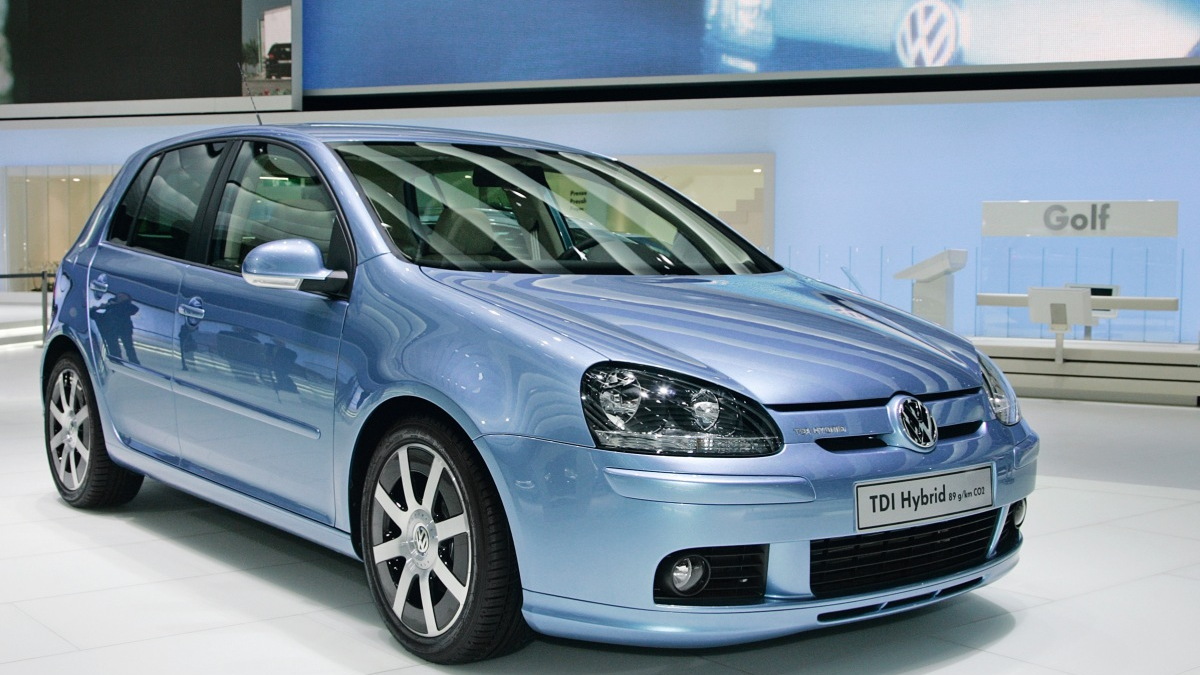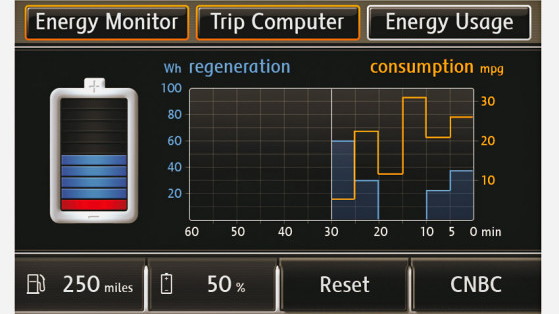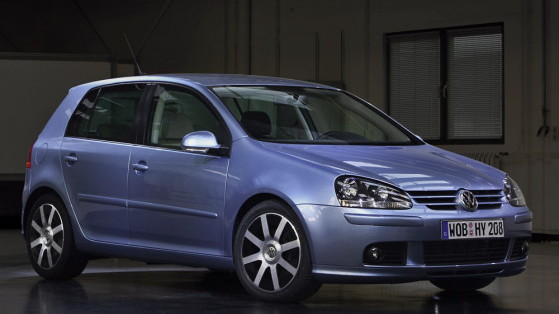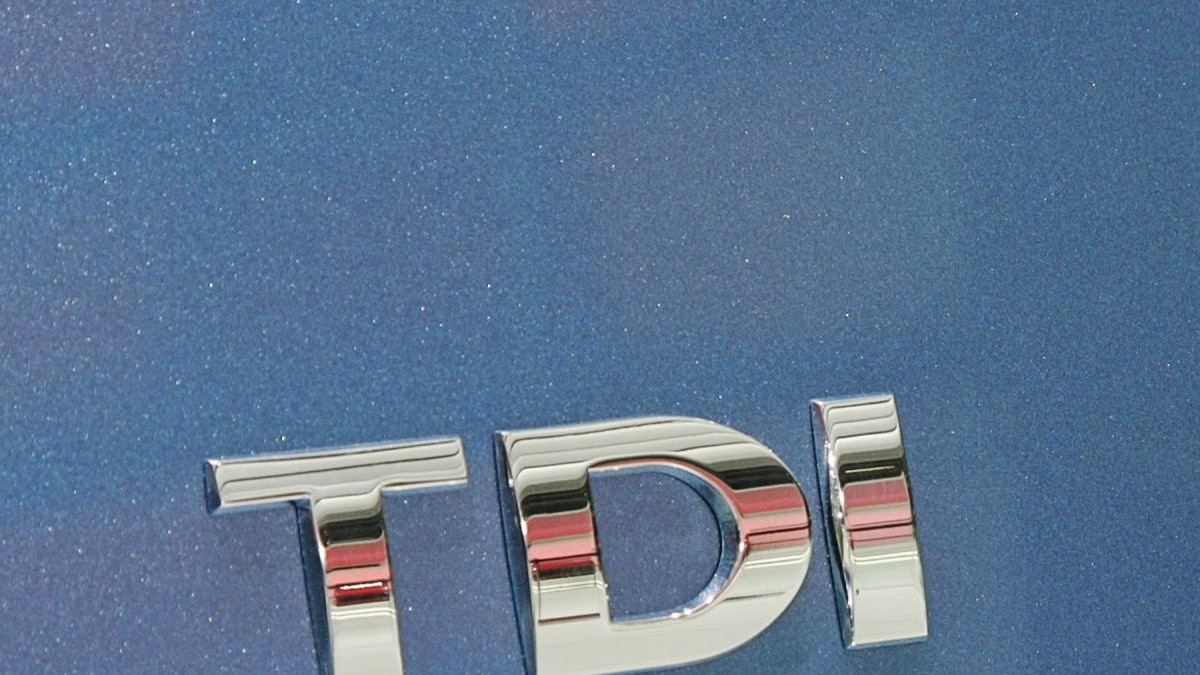Hybrids are, for the most part, great, both as a freestanding set of efficiency technologies and as a bridge toward pure electric vehicles. Diesels are also a solid near-term choice for greener, more energy-efficient travel. The combination of the two, therefore, could be even better than the sum of its parts, right? So far, (aside from rumors about the Mitsubishi Evolution XI) only Mercedes-Benz and Peugeot agree, though Hyundai and Volkswagen have both shown concepts.
Volkswagen, however, doesn't think they make sense according to a new report. Or at least, they don't make business sense. The cost of future clean diesel technology, which will likely include urea additives and expensive particulate filters, is simply too much when added to the cost of a hybrid--buyers won't choose them despite the green appeal. A Volkswagen spokesman added, according to Autocar, that "the markets where hybrids are most popular are also the ones where diesels are least popular."
It's a dimension of the old argument that the cost of the technology won't be justified in fuel savings. But for many, it's not just about making a cost-effective choice, but about a car that performs well while minimizing its environmental impact. Spending a few extra dollars to support that sort of technological innovation and the willingness to bring it to market is an investment for them, not a waste.
In the case of Volkswagen's diesel-electric hybrid concepts, the investment would be very worthwhile, at least from an economy and emissions perspective. The 2008 Golf TDI Hybrid Concept, for example, delivered 69 mpg while still managing the performance of a typical hatchback, thanks to a torquey 75-horsepower diesel engine and the instant-on torque of electric motors in the hybrid system.
Volkswagen is also likely considering its strong play for diesel acceptance here in the U.S., where its TDI models (Golf, Jetta, Jetta SportWagen and Touareg) face off against hybrids. Adding hybrid power to the diesel mix would increase expense, at the same time putting them at a disadvantage in perception in a country where diesel isn't usually seen as a good thing.
With such a combination of reasons, in addition to the technical ones explained neatly by John Voelcker in his in-depth study on the Peugeot diesel-hybrid system, it's no surprise that diesel hybrids are, at present, limited to a single luxury manufacturer in the United States with no clear plans for wider expansion. Perhaps their time will come, or perhaps they'll be eclipsed by the rapidly growing pure-electric and plug-in electric segment soon to be populated by the Nissan LEAF and Chevrolet Volt.
What do you think? Would you rather have a diesel-hybrid TDI, than the all-electric but range-limited LEAF or the electric-but-gas-using Volt? If so, why? Let us know in the comments below.
[Autocar]


















